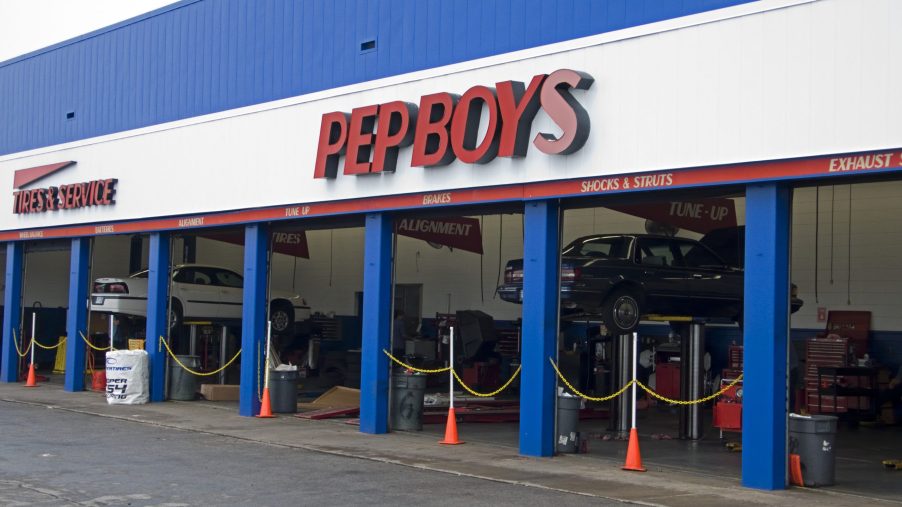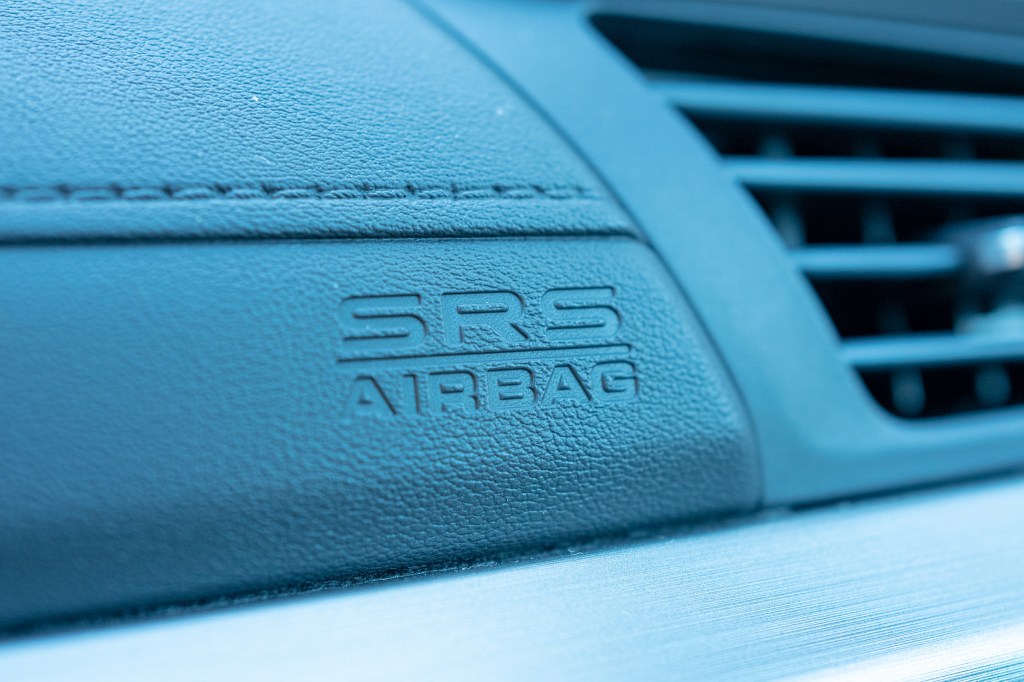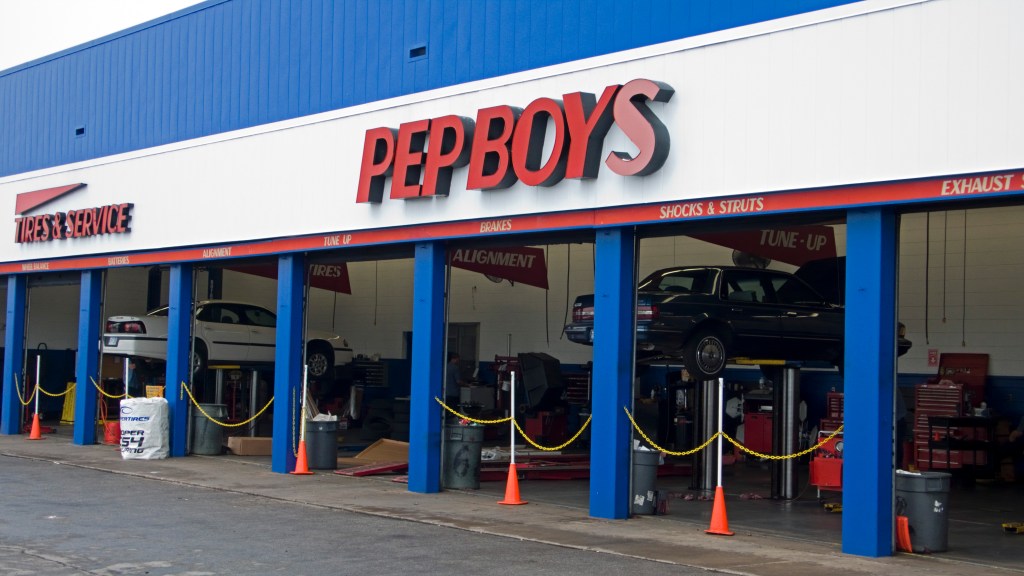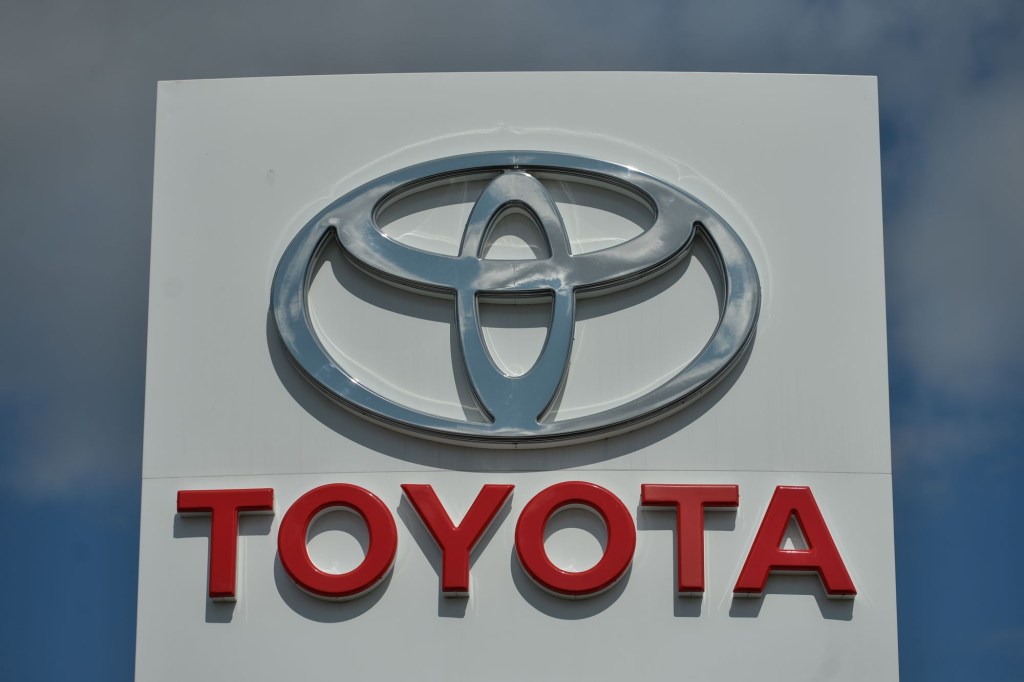
First There’s a Shortage of New Cars, Now There’s a Shortage of Car Parts
New car prices are on the rise, thanks to the ongoing chip shortage and the continued Covid-19 pandemic. Because of this, the used car market has been hotter than ever, since those cars have already been built. But that advantage may not last much longer, as now other vital car parts are in short supply. Without those, the time it takes to repair a car might get longer.

What car parts are in short supply?
There are many little brackets and bits that just aren’t available according to a CNBC report. But the heaviest hit parts seem to be headlights, hoods, bumpers, and now electronics. The first three weren’t terribly inconvenient, as sheet metal is in greater supply than other parts. But the lack of electrical components equates to a lack of vital equipment.
The components in question are the aforementioned computer chips, as well as wires and harnessing which run all throughout the car. Without them, you can’t build technologies like touchscreens or airbags. And dealerships or auto shops can’t ship a car without working airbags.
With these delays, cars that were involved in accidents may take even longer to get back on the road. So how are repair shops planning to deal with these shortages?
How are auto shops handling the shortage?

The key difference between businesses that have been “winning” during these trying times versus those that are buckling at the knees is all about supply chain management. In order to understand what that entails, here’s a small lesson in economics.
Supply chains are made up of three tiers, each representing a different part of the manufacturing process. Let’s say you’re making a t-shirt. Tier One is the shirt itself, Tier Two is the fabric the shirt is made of, and Tier Three is the cotton or raw material the fabric is woven out of.
Managing all aspects of that supply chain is important, that way you know when to slow production if one aspect of the chain is weakened, or find other sources for that same material, supply, or car part. Auto shops and even automakers have been in communication with these suppliers to make sure parts are delivered as quickly as possible. Unfortunately, things are still looking rocky for a lot of the big players.
Automakers are still struggling to keep up with demand

Toyota, who learned about managing a strong supply chain after a tsunami hit Japan in 2011, has faired best throughout the pandemic and the chip shortage. Only last month did they finally announce a 40% cut in production, closing down select factories.
Meanwhile, GM just paused production in eight of their 15 North American plants according to Detroit Free Press, and Ford is slowing their production of pickups. And you know there’s a problem when Ford stops building America’s most beloved truck.
Every automaker will continue to be impacted by this unholy combination of Covid-19 and chip shortages. And while there will be an end, it’s hard to pinpoint when. Experts are saying prices may remain sky-high until 2023, meaning that for a while, buying a new car isn’t exactly a smart move.


